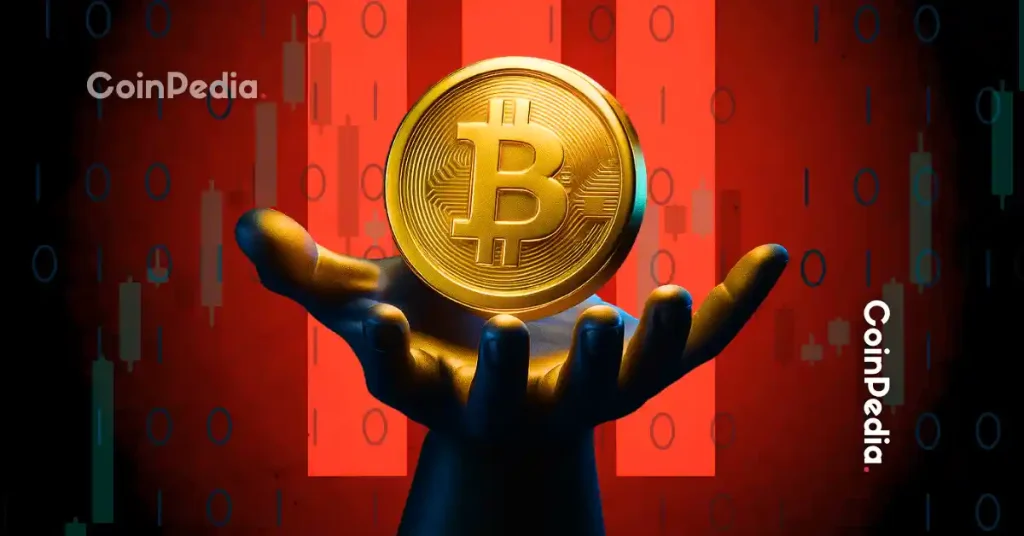As investors assess the follow-on effects of Silicon Valley Bank's failure, analysts are weighing in with how they see consequences playing out. Most see the Federal Deposit Insurance Corp. (FDIC) and Federal Reserve's actions as helping to calm investors' fears. Increased banking regulation is expected, especially for smaller banks, and some asset classes are likely to benefit. The spillover of Silicon Valley Bank's failure is relatively contained so far, according to Deutsche Bank's DWS CIO View note. But it can manifest itself in four steps: first, the direct effect of the SVB bankruptcy and FDIC receivership, which has already occurred; second-order effect through the behavior of clients that hold uninsured deposits at other banks; third is spillover to vulnerable companies with weak balance sheets, such such as those issuing high yield, companies in the startup sector, or those related to crypto assets; and fourth, mass liquidations in market and widespread contagion. Stemming contagion The failure of Signature Bank ( SBNY ) is the first victim of the second-order effects, the note said. The U.S. banking regulators' actions announced on Sunday are "the first steps to restore confidence and avoid mass withdrawals of deposits," DWS said. TD Securities analyst Priya Misra calls the Federal Reserve's new Bank Term Funding Program "a great comfort." BTIG's Isaac Boltansky agreed, "We believe this facility will meaningfully lessen liquidity pressure in the near term, but it should not be viewed as a panacea given preexisting asset-liability mismatches on bank balance sheets." He also is interested to see the reporting requirements for the BTFP, as there could be "stigma associated with tapping the facility." In addition, "there is still work to be done to address the problems that led to this weekend's developments." Less constructive on U.S. structured finance As a result of the market turmoil, DWS downgraded its view on U.S. structured finance to Neutral, "as we believe the market will be jittery and in cash-preservation mode for some time." SVB isn't a large holder of non-agency structured finance, but is "heavy in agency CMBS and MBS." Considering the likely slower pace of Fed rate hikes, DWS expects the dollar to weaken "a bit" against the euro, but sees no major moves. The firm is still "fundamentally positive" on the European banking sector. In the U.S. banking sector, smaller banks will be at a disadvantage in the fight for saver deposits, which is likely to intensify. Small banks, too, are important players in real estate financing and development. If the recent events lead to decreased lending in that sector, the lower supply could raise real-estate valuations. But if startups go out of business, the supply of commercial real estate would increase, DWS said. Tighter rules J.P. Morgan credit analyst Kabir Caprihan said, "It has become pretty evident that regulation at smaller regional banks will need to become more stringent....We would hope this experience would imply a quick decision on regional bank TLAC (total loss-absorbing capacity) and it should be expanded towards category 4 and other firms," the analyst wrote. They're also likely to face stricter LCR (liquidity coverage ratio) and other liquidity rules like global systemically important (GSIBs) banks. Barclays analyst Jason Goldberg wondered if regulators could limit deposit concentrations by sector as they have already done so on the loan side. Another area he advises to watch is disclosures on held-to-maturity securities. "Only Category I and II (the largest banks) have to include unrealized AFS (available for sale) losses in their CET1 ratios while the HTM is completely ignored for all banks," he wrote. In Global Financials Sector Specialized commentary, J.P. Morgan's Gigi Sparling reiterates the firm's constructive view of large cap banks due to their relative high proportion of insured deposits and "robustly stressed balance sheet." Private credit players also could benefit from decreased bank lending activity, DWS said. TD's Misra expects banking lending standards "to worsen further, adding to downside risks." The firm remains long on 10s, expects a 25-basis point Fed rate hike in March and a terminal rate of 5.75%. "The 5y sector should outperform on the curve and swaps should outperform Treasuries (ie tighter swap spreads). TIPS BE should fall, but we think front end BE should be more anchored due to high carry," TD's Misra wrote. Moral hazard While regulators' actions are meant to contain contagion risks at other banks, J.P. Morgan analyst Vivek Juneja pointed out: "This has created a moral hazard for the Fed; there will be an expectation for it to step in even if a bank gets in trouble in the future for any other issues." SA contributor Richard Shaw says there's a "risky decision to be made about the choice of money funds" and the Silicon Valley Bank failure has created some valuable stock entry values. Recall that in December, SA author CashFlow Hunter warned of SIVB's blow up risk.


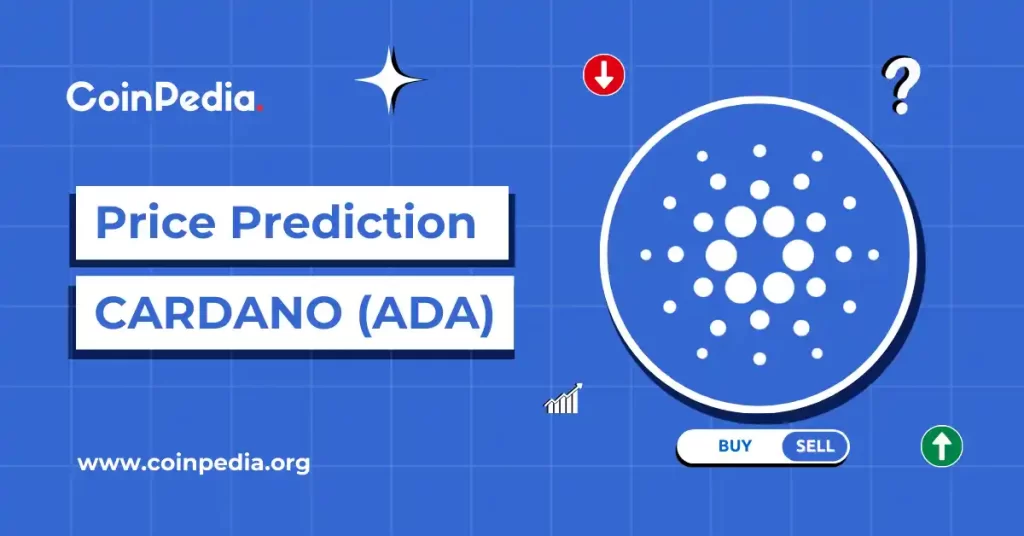




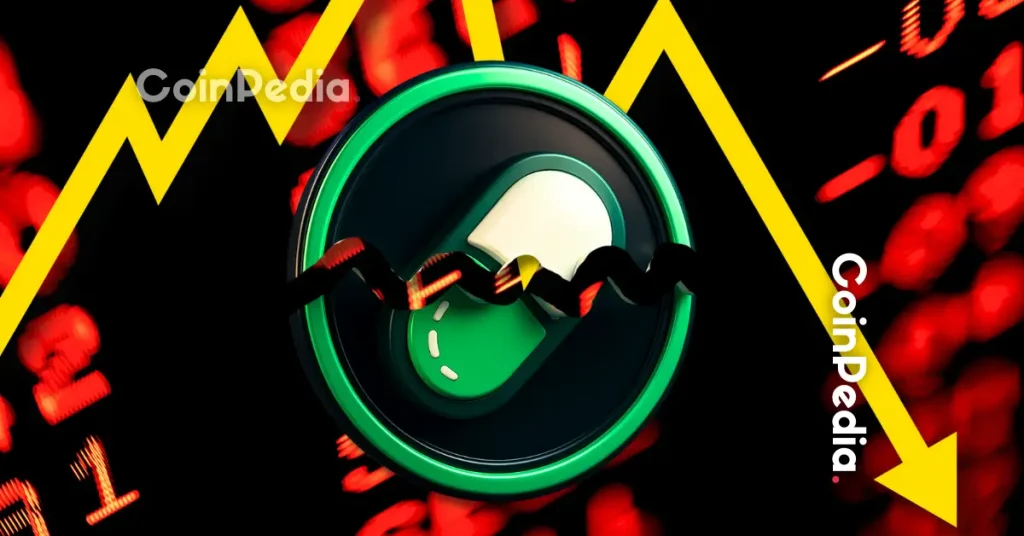

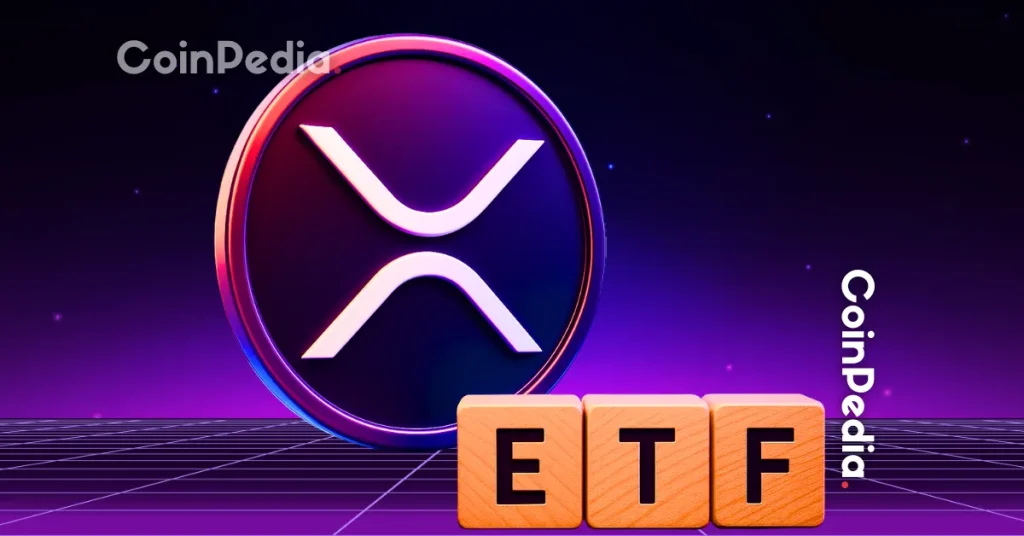

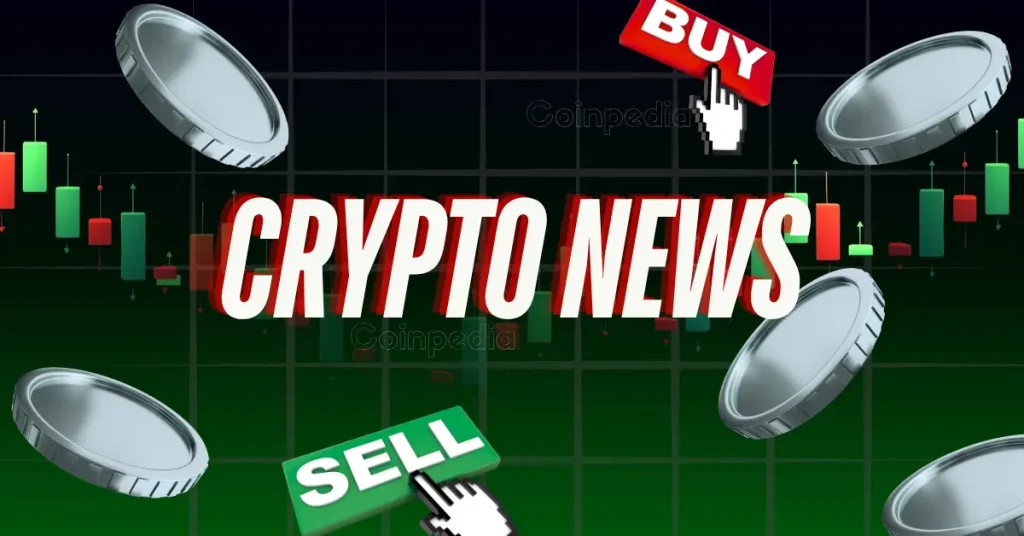
![Crypto News Today [Live] : Bitcoin Price Today, Nvidia News, XRP ETF, PEPE coin Price Crypto News Today [Live] : Bitcoin Price Today, Nvidia News, XRP ETF, PEPE coin Price](https://image.coinpedia.org/wp-content/uploads/2025/04/14203853/Crypto-Price-Today-BTC-Price-at-83k-Binance-News-SEC-Round-Table-Ripple-SEC-News-Pi-Price-Surges-1-1-1024x536.webp)
